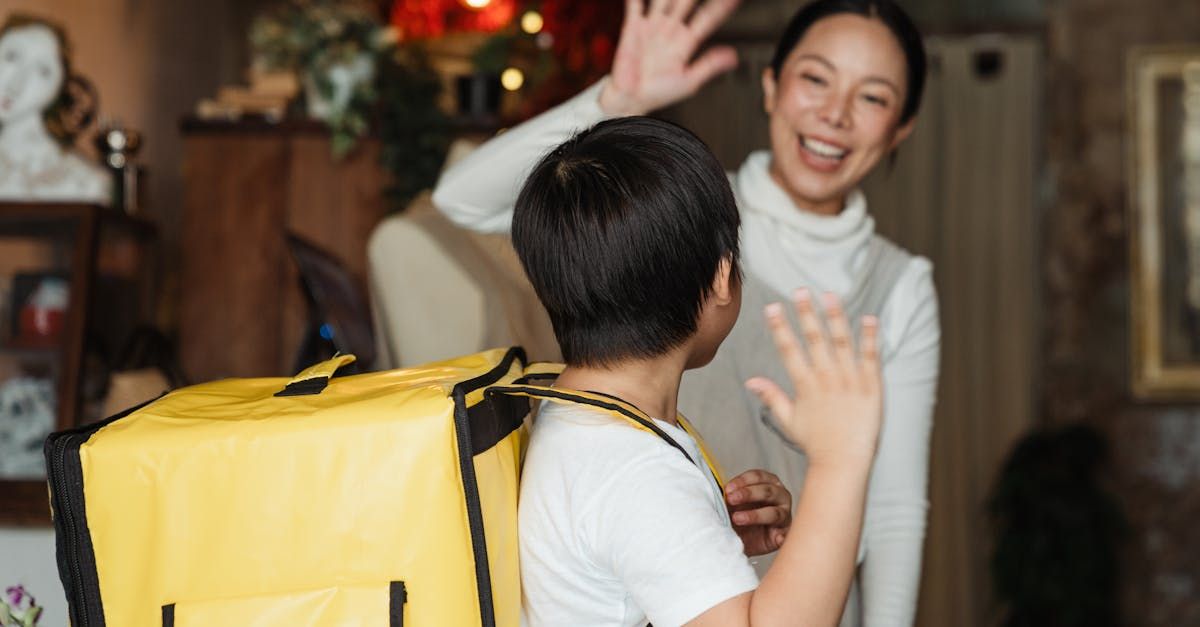
The start to a new school year is an exciting, yet stressful time for parents and children. The anticipation of the first day, adjusting to routines, learning expectations and being in a new place all day can be stress inducing for many children. Both parents and children deserve a positive start to the day. Parents need to trust that their child is in the right place.
Before you approach your new school day mornings, start here:
- Help your child anticipate change
- Give a quick goodbye
Help your child anticipate change.
First, about a week before starting a new school, take your child to the school to visit. Give your child the opportunity to explore the classroom, walk the hallways and play on the playground. It's important they make connections and associate their new learning environment with positivity and possibility.
Give a quick goodbye.
If your child begins to cry as you try to leave the school, you will always feel that you cannot leave the school until he stops crying. Every parent feels this tug, and every teacher is empathetic to that, but that will never happen. Your child will never stop crying if you are still there. They will only stop crying after you have left, which means your presence only prolongs their tears.
Therefore, you must choose positive emotions for both you and your child. Communicate with your body language that school is a safe place and that you are happy your child is there. So often, the most anxiety comes from a self-fulfilling prophecy on behalf of the parent. Then, the child feels Mom’s worry and thinks to himself, “If Mom is scared of leaving me here, there must be something wrong with this place!” Do not let your child pick up these nervous cues from you.
And remain consistent every single day. Your child is trying to understand the way the world works. He’s wondering all the time, How does this work? What do people do? This is why routine makes so much sense to him and why he begins to crave it as such. He can anticipate what comes next, and that pleases him.
This is also why changing a routine — even in any small way that seems insignificant to you — can be very upsetting to a child. Sneaking in one more hug or one more kiss or a lingering goodbye because you want that will only disrupt your child’s routine and become a setback for the both of you. Maintain a quick goodbye.
Doing things the same way every single time gives your child the deep sense of security he needs to thrive. If your family is experiencing separation anxiety, don’t fight it or be frustrated by it. Lean into the consistency of routine, and trust the results.
When choosing a school for your child you've made the decision to trust the faculty and administration. You have told your child "You're in the right place." It's important each day they feel they are in the right place and have a sense of belonging. And, you should feel that way, too. Because your child does belong, and your child is going to do great.


